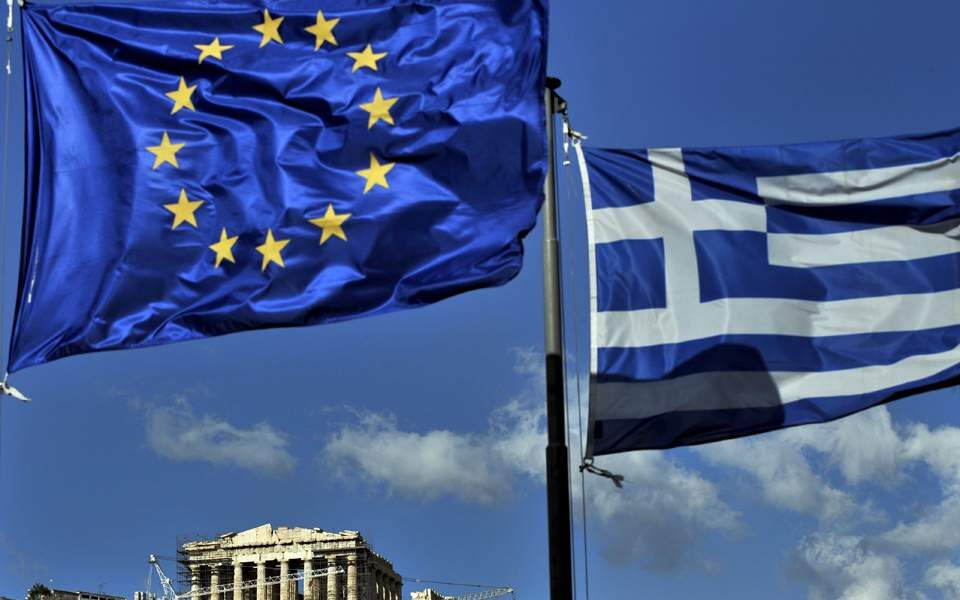Greek economic rebound to slow next year as energy costs curb growth

Greece’s economy is projected to grow at a slower pace next year after a strong rebound this year thanks to tourism, as soaring energy costs and inflation are expected to curb domestic demand and exports.
The country’s economic output is seen increasing by 2.1% next year from 5.3% this year, based on the government’s 2023 draft budget published on Monday.
Next year, Greece is expected to achieve a 0.7% of gross domestic product primary surplus – which excludes debt servicing outlays – from a 1.7% budget deficit in 2022.
The primary surplus target for 2023 is achievable even in a more unfavourable scenario “due to the resilience of public revenues and the margin of fiscal restraint”, National Bank’s senior economist Nikos Magginas told Reuters.
Greece emerged in 2018 from a decade-long debt crisis that forced the country to sign up to three international bailouts. Its economic performance is pivotal as it aims to return to investment grade next year.
The country’s economy is growing more than expected in 2022, powered by strong tourism revenues, domestic demand and a spike in investments. However, consumer spending has faced challenges, with inflation hitting its highest rate in three decades.
“The 2023 budget is being drafted under conditions of extremely high uncertainty, regarding geopolitical developments at a global level,” finance minister Christos Staikouras and deputy finance minister Theodore Skylakakis said in a statement, referring to the war in Ukraine and its impact.
The country’s public debt, the highest in the euro zone, is seen dropping to 161.6% of GDP from 169.1% of GDP this year, according to the draft budget submitted to parliament.
The draft budget forecast annual inflation will ease to 3% by the end of 2023, from 8.8% this year. Unemployment is also seen dropping to 12.6% next year from 12.9% this year.
The forecasts for growth and inflation have a high degree of uncertainty and may be revised by the European Commission before the submission of the final draft of the budget, the finance ministers said.
Greece expects tourism revenues in 2022 to top 18 billion euros ($17.57 billion), beating the sector’s record performance in 2019, before the COVID-19 pandemic brought travel to a standstill.
But the conservative government has promised to keep spending the biggest part of the fiscal outperformance on energy subsidies to support households and businesses from ballooning power bills amid an energy crisis exacerbated by the war in Ukraine.
[Reuters]





